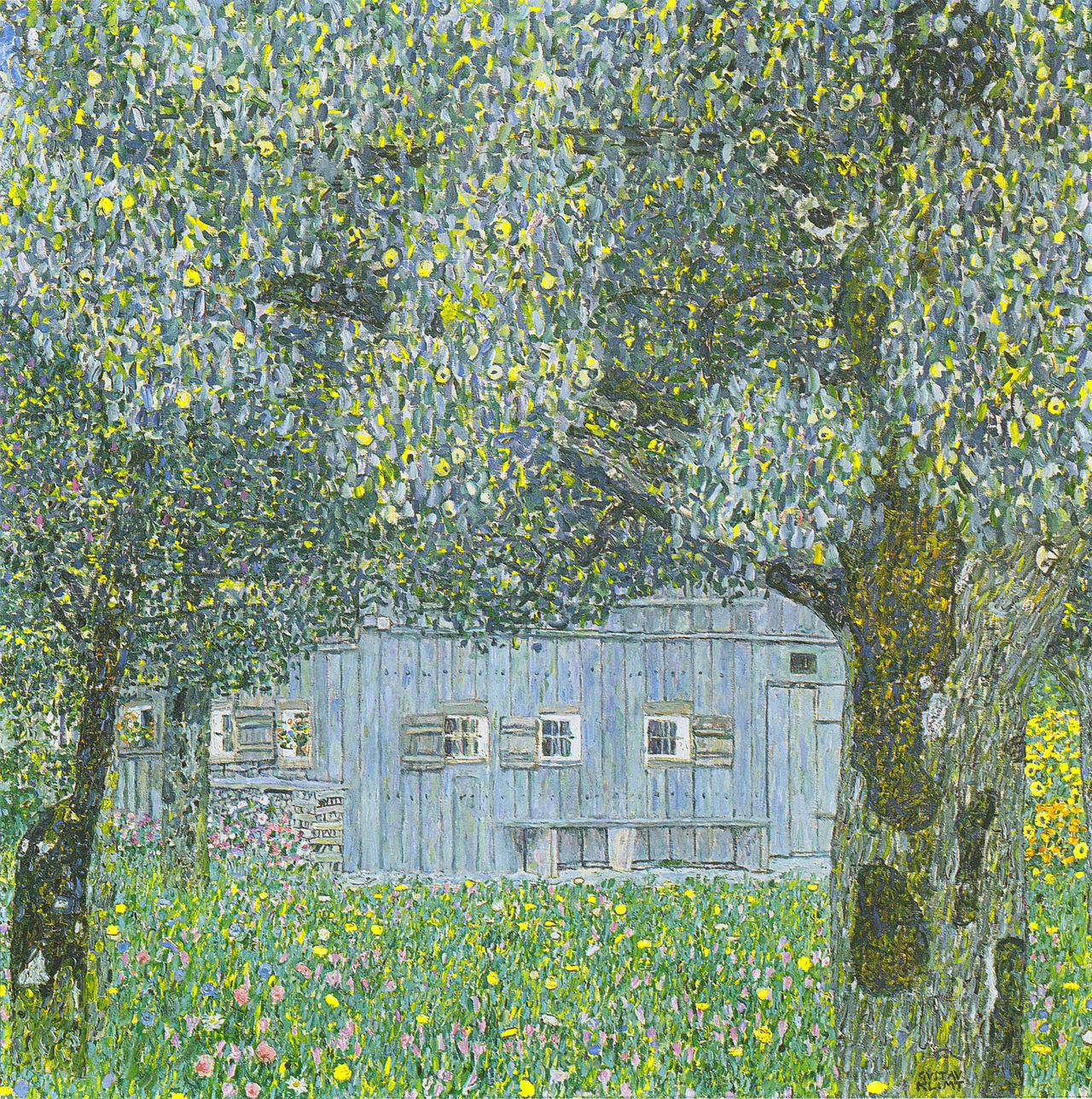Editor

Calvin Luther Martin holds a B.A. degree in biology and Ph.D. in history (the latter from the University of California at Santa Barbara). For 20 years he was a professor of history at Rutgers University (New Brunswick, NJ), specializing in Native American Philosophy and the Philosophy of History.


People line up not to buy his books:
→ Keepers of the Game: Indian-Animal Relationships and the Fur Trade (California)
→ In the Spirit of the Earth: Rethinking History and Time (Johns Hopkins)
→ The Way of the Human Being (Yale)
→ The Great Forgetting (K-Selected)
→ Successful College Teaching begins with Throwing Away Your Lecture Notes (K-Selected)
→ Eve’s Breast: The Origin of Consciousness, Language, and the Erotic (K-Selected), with Cecilia Sorochin
→ Editor, The American Indian and the Problem of History (Oxford)
→ Eskimos Won’t Talk About Bears: Language as Physics (K-Selected, forthcoming)

Martin has won the American Historical Association’s coveted Beveridge Award for the “best book of the year in American history” (1979), and has won the Anne Izard Storyteller’s Choice Award (2000). He has been a Guggenheim Fellow, a National Endowment for the Humanities Senior Fellow, as well as a fellow of the American Academy of Learned Societies, the Henry E. Huntington Library (Calif.), the Newberry Library (Chicago), and the Canadian Embassy.
Martin has been a visiting professor at Dartmouth College (NH), Queen’s University (Canada), the Alaska Native Moravian Seminary (Bethel), and the Distinguished Visiting Scholar in the Humanities at Hartwick College (NY).
Shortly before retiring from Rutgers (one can endure the NJ Turnpike for only so long, after all), he lived for a summer on the Navajo reservation and, later, lived for two years with Yup’ik Eskimos in Alaska.
He lives in the Village of Malone on the northern flank of the Adirondack Park (six million acres of “forever wild”), with a 17 lb cedarstrip Rushton, a paddle, and a wife named—ah!—after a boat.

“He thought his happiness was complete when … suddenly he stood by the edge of a full-fed river. Never in his life had he seen a river before—this sleek, sinuous, full-bodied animal, chasing and chuckling, gripping things with a gurgle and leaving them with a laugh, to fling itself on fresh playmates that shook themselves free, and were caught and held again. All was a-shake and a-shiver—glints and gleams and sparkles, rustle and swirl, chatter and
bubble. [He] was bewitched, entranced, fascinated.
“By the side of the river he trotted as one trots, when very small, by the side of a man who holds one spellbound by exciting stories; and when tired at last, he sat on the bank, while the river still chattered on to him, a babbling procession of the best stories in the world, sent from the heart of the earth to be told at last to the insatiable sea.”
— Kenneth Grahame, “Wind in the Willows”
